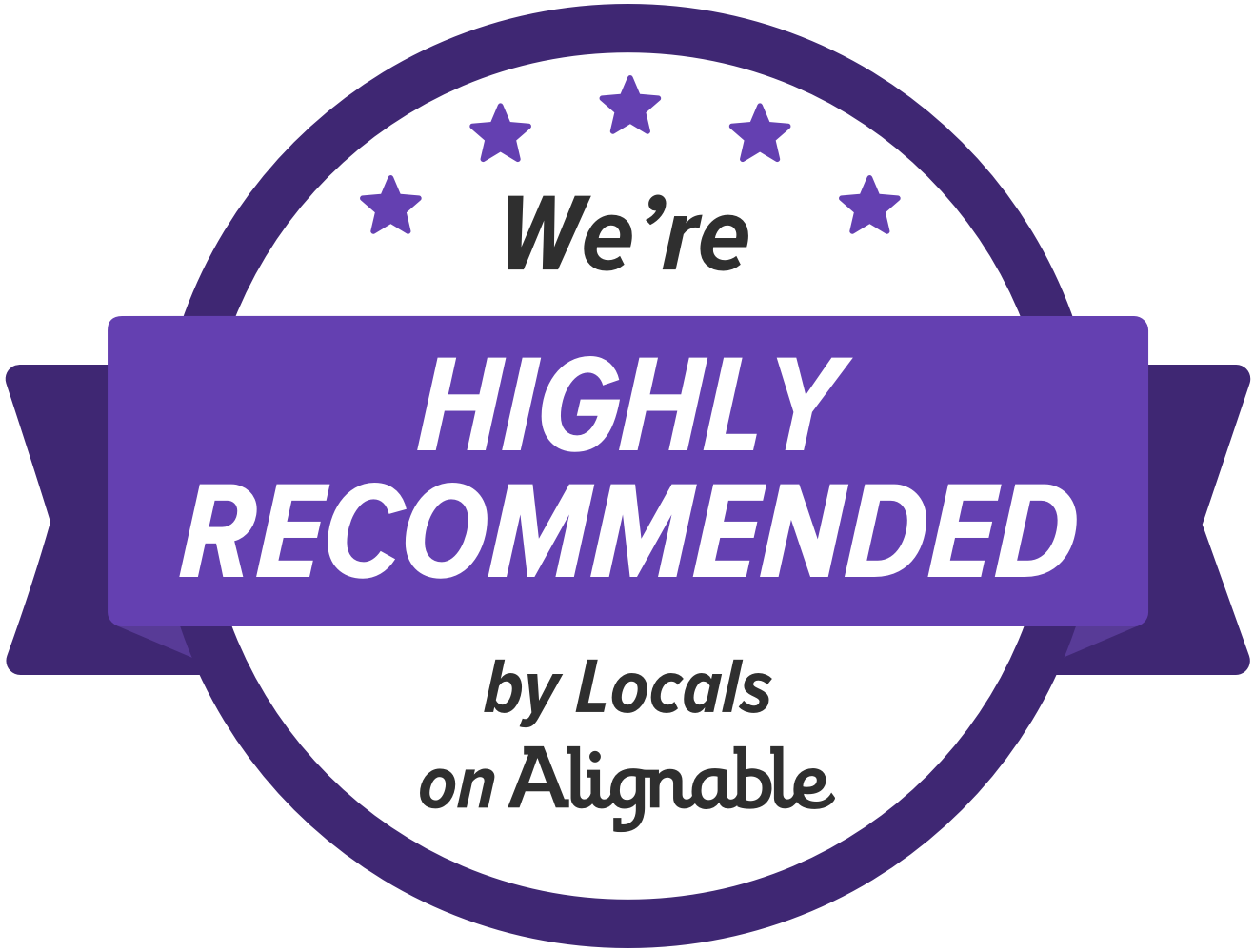Let’s say you’ve just moved to a new city and you need to find new resources and places–you’ll eventually need to find a doctor, a hair salon, an auto shop, and so forth. Most likely, you’ll type these places into Google to find nearby options. Depending on the size of the city, there may be several to choose from. How will you choose? If you’re like most people, one of your primary deciding factors will be Google reviews.
That’s why we’re devoting this blog post to reviews: why they’re important, how you get them, and how you respond to them. Reviews are an element of online reputation management, so we’ll start with a brief overview of this marketing puzzle piece.
Contents
What is Online Reputation Management?
Online reputation management (ORM) has a lot in common with public relations or PR. Like PR, it has to do with building a good brand image and then defending it. ORM is the part of marketing where you monitor, improve, and maintain your online presence and public perception. The goal of online reputation management is for someone to find positive content if they search for your business on Google or social media.
We probably don’t have to tell you why this is important. If someone finds your business online and sees great reviews, positive social media posts, and maybe a news article about your recent success or community work, they’re much more likely to become a customer. If they instead find negative reviews, a negative or nonexistent social media presence, or news articles about a business scandal, they’ll probably move on.
Elements of Online Reputation Management
There are a few different ways to monitor, improve, and maintain your online reputation. The primary elements of online reputation management are reviews, social media, news, and influencers. These are the outlets where potential customers might find your business and look for reasons to give you a try or move on to an alternative. In this blog post, we’re going to focus on perhaps the most basic and crucial of these elements: reviews.

The Importance of Reviews
Reviews are an upfront, easy-to-find, easy-to-assess measurement of your public perception online, and even your public perception in general. In general, a well-reviewed business is a well-liked, well-respected business. So, naturally, you want to be a well-reviewed business.
The good news is, that businesses that gain their customers’ trust and appreciation typically earn those positive reviews organically. But not always, and it takes time. And the time you spend waiting for those stars to pile up can be difficult–potential customers give a lot of credit to reviews, and may not give you a chance if they find little to no information in this area. So what can you do to get more reviews and keep them positive?
Reviews: Where and How to Get Them
The primary place to get reviews is on Google. Make sure your Google Business Profile is set up and optimized so it’s easy for people to find you and leave reviews there. You can also add a form for people to write reviews directly on your website, which is a good idea if you have a designated page for testimonials. These should be your starting point, but you can also get reviews on Facebook, Yelp, and various other sites.
The best way to get reviews is to earn them–provide quality services and products that people want to comment on. But you can also ask for reviews, especially when you’re just starting out. Telling customers you’re a new business trying to gain traction, and politely asking them to consider writing a review, can certainly help. Customers who are regulars or who you have an established relationship with may be especially willing to help out.
Reviews: When and How to Respond to Them
You’re starting to get reviews–what now? Respond to them! Try to respond to reviews in a timely fashion, especially negative ones.

Many businesses only respond to negative reviews, but if you can, it’s beneficial to respond to all reviews. It shows customers you’re engaged and care about their feedback. Responses don’t have to be long, but they should be friendly and unique–don’t copy and paste the same response for every review. If you don’t have time to respond to all reviews, though, prioritize the negative ones.
Responding to Negative Reviews
Criticism is hard to take. And sometimes, it’s undeniably unfair. Regardless, always respond to negative reviews politely, respectfully, and professionally. Thank the customer for their time and feedback. Be honest–admit to mistakes or oversights. If appropriate, you can offer compensation, such as a refund, or you can try to take the communication offline and speak with the customer directly to better understand and rectify the situation.
Remember–it will never benefit you to retaliate or argue with a customer, no matter how tempting. Polite, professional responses to negative feedback is an essential component of effective online reputation management.
Start Online Reputation Management with GreenHaven
Like any part of marketing, effective online reputation management takes dedicated time and effort. If you don’t have that kind of time or need help to improve your online reputation, GreenHaven Interactive can help. We can handle some or all of your marketing needs with a personalized, versatile approach. Get in touch with us to learn more about online reputation marketing and find the right solution for your business!





